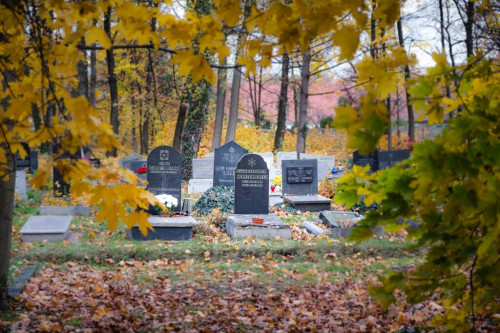Types Of Funeral
Call 012 9659 3121 Now To Start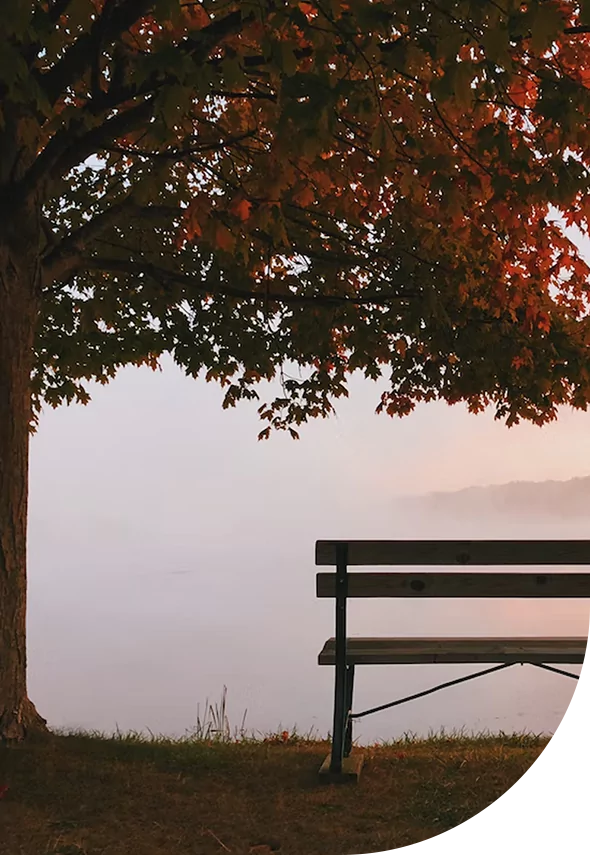
A funeral is an occasion to remember and pay tribute to their loved one, as well as an opportunity for family and friends to say goodbye, express their grief and acknowledge the death – all of which are an important part of the grieving process.
There are a number of different types of funerals to choose from, but which one you choose will probably depend on your beliefs, or those of your loved one, and whether you choose a burial or cremation.
Cremation
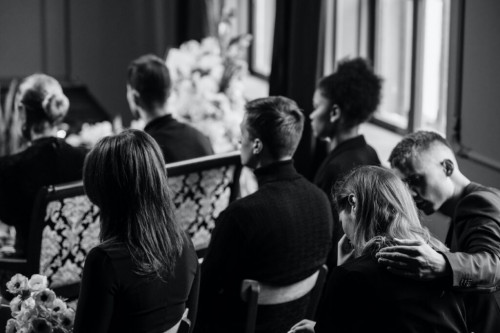
Burial
A burial can be arranged at your chosen cemetery, graveyard or burial ground. If the purchase of a new grave is required we can do this on your behalf. A burial service usually takes place after the main funeral service. Once the coffin has been lowered into the ground, it is a common tradition to scatter soil onto the coffin. Other people may choose to throw funeral flowers into the grave.
When the ceremony concludes, family and friends place floral tributes near the grave and the gravediggers will fill the grave.
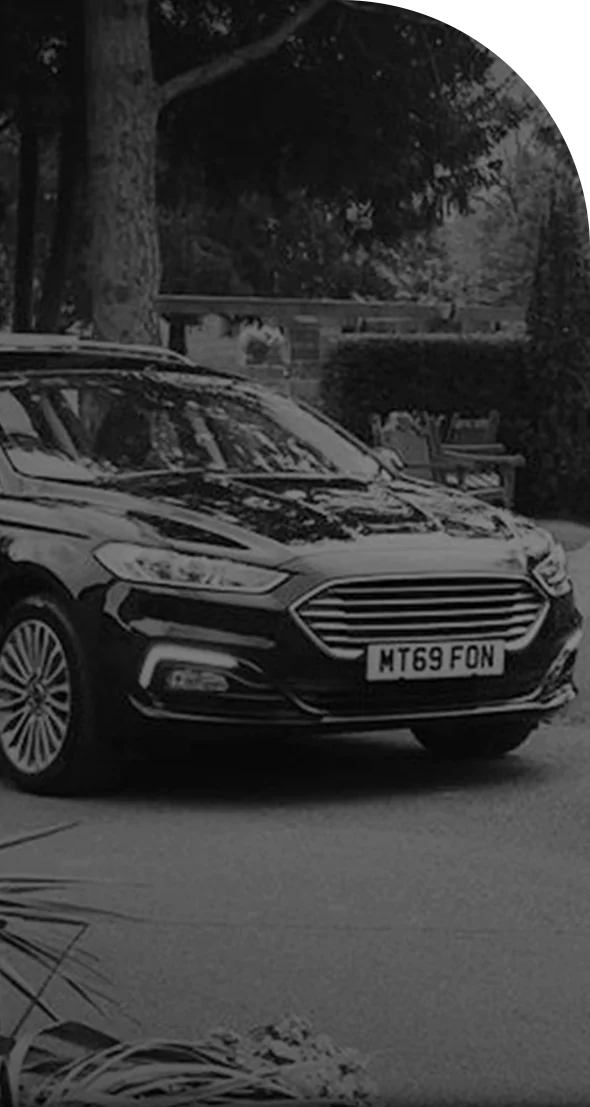
Cremation or Burial - Religious Beliefs
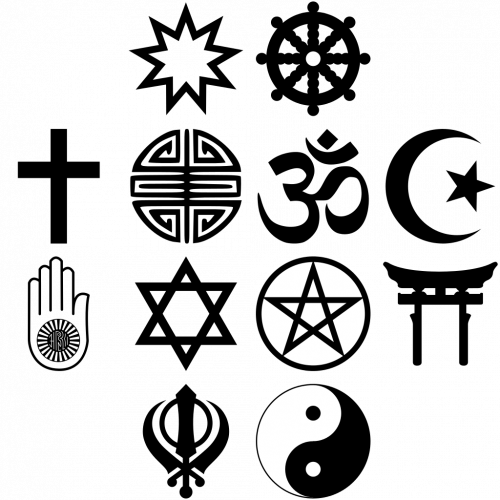
Your loved one’s religious beliefs may influence your decision to choose a cremation or burial for them. Some religions have differing views on cremation altogether, sometimes making a burial the default option:
- Buddhists –Cremation or burial is acceptable to the Buddhist faith, although Cremation is more traditional.
- Catholics – Historically cremation was banned by the Catholic Church, but it is now widely accepted. However, most Catholic churches prefer the body to be present for a Funeral Mass, with the cremation taking place at the crematorium after this ceremony.
- Christians – All Christian denominations accept cremation nowadays, after the Pope lifted the ban on cremation in 1963. Historically, cremation was seen as a sacrilegious act towards Christians and God, as it represented blasphemy and a non-acceptance of resurrection.
- Eastern Orthodox – The Eastern Orthodox church prohibits cremation as it represents a denial in the acceptance of the physical body. Cremation is forbidden by Byzantine Canon law.
- Hindus – It is commonplace for all Hindus, except for babies, saints and children, to be cremated as part of the funeral process.
- Orthodox Jews – Cremation is not acceptable for Orthodox Jews, who believe all bodies should be buried in the ground.
- Mormons – Mormons do not prohibit cremation, but the Church does prefer bodies to be buried rather than cremated.
- Muslims – Cremation goes against the beliefs of Islam, meaning Muslims are prohibited from choosing cremation as an option.
- Sikhs – Cremation is the preferred for Sikh funerals. Burials are acceptable if the circumstances do not allow for cremation.

